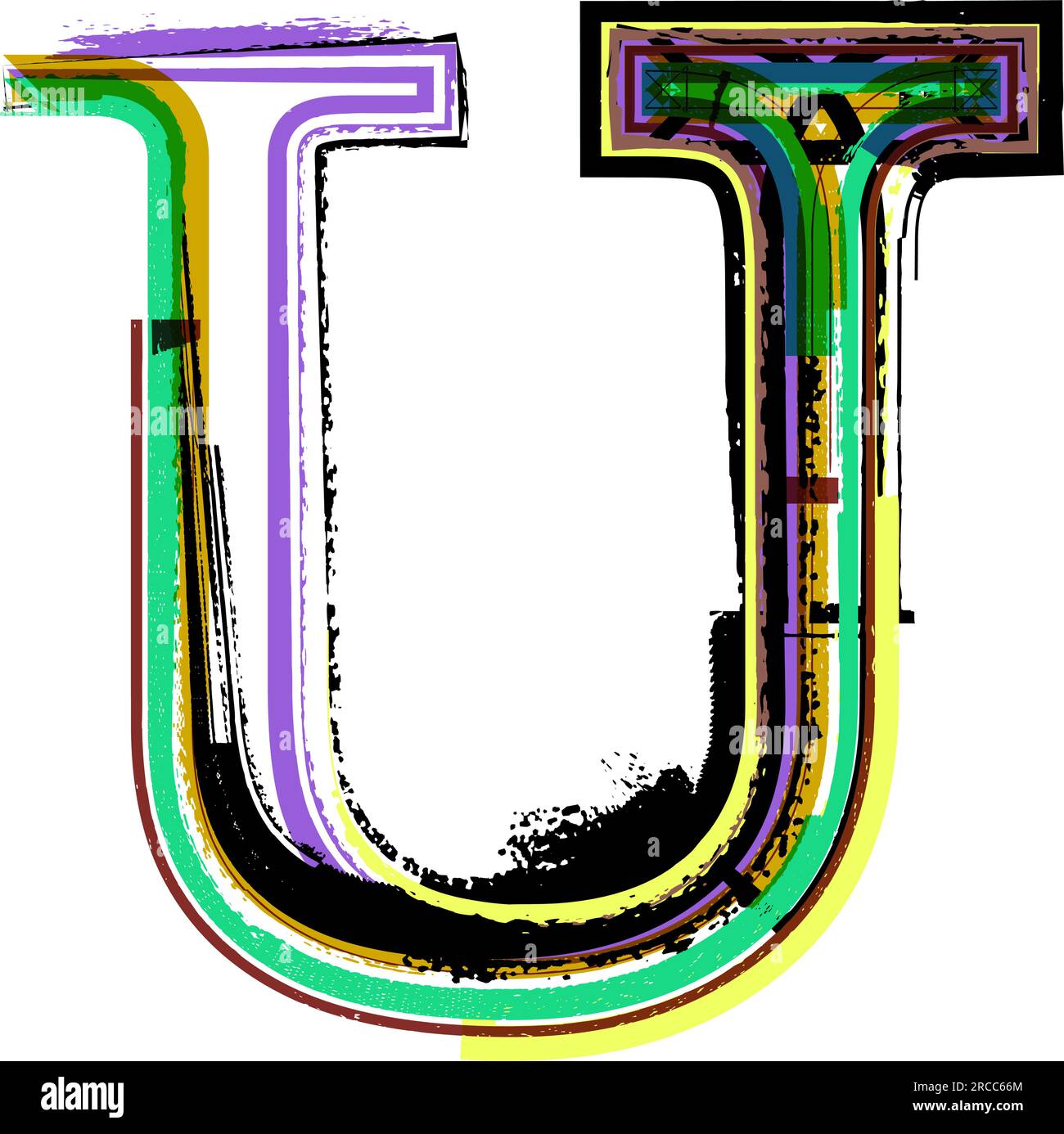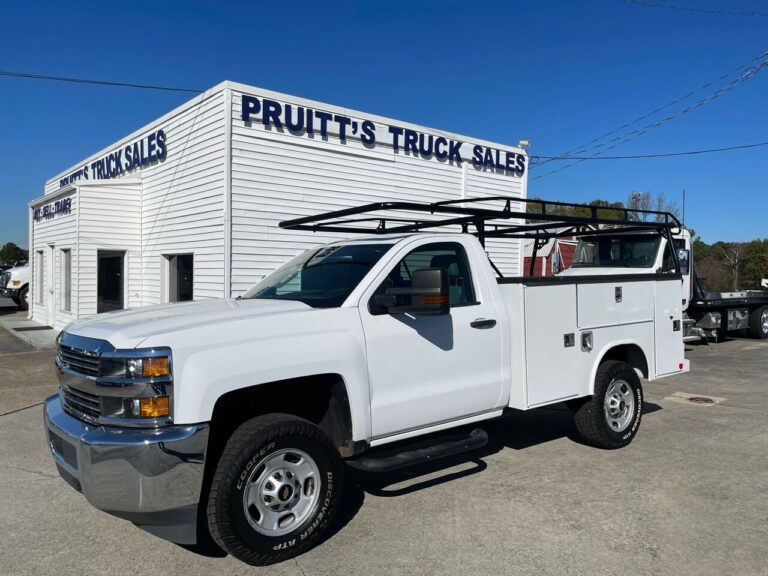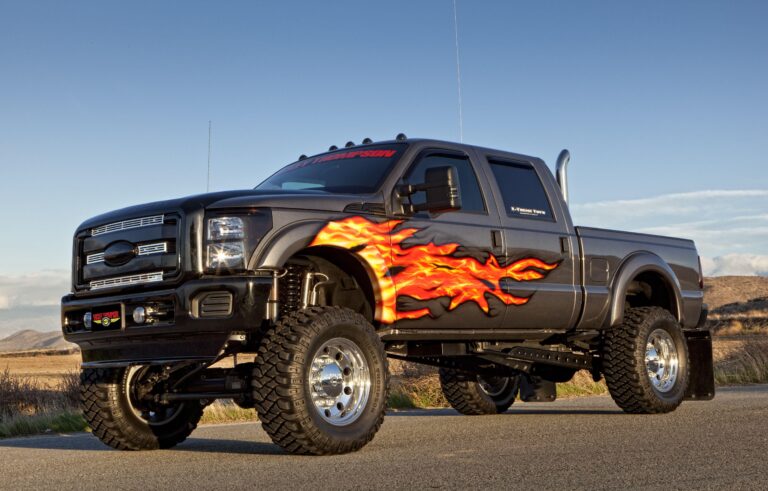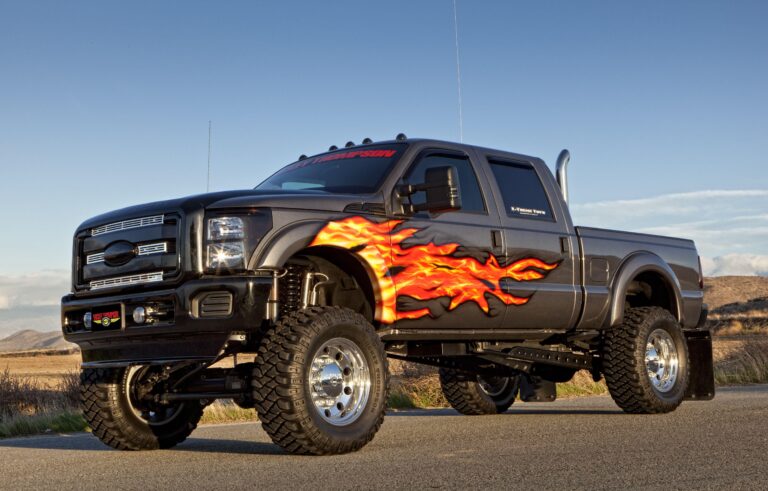U-Haul Trailers Sizes And Prices: Your Comprehensive Guide to a Smooth Haul
U-Haul Trailers Sizes And Prices: Your Comprehensive Guide to a Smooth Haul cars.truckstrend.com
Moving, hauling, or transporting a vehicle can be a daunting task, but with the right equipment, it becomes significantly more manageable. For decades, U-Haul has been the go-to solution for do-it-yourself movers and individuals needing reliable trailers. Understanding U-Haul trailer sizes and prices is not just about saving money; it’s about ensuring safety, efficiency, and peace of mind. Choosing the wrong size can lead to multiple trips, wasted fuel, potential damage to your belongings, or even an unsafe towing situation. This comprehensive guide will break down everything you need to know about U-Haul’s diverse fleet of trailers, helping you select the perfect fit for your specific needs and budget.
Decoding U-Haul’s Trailer Fleet: Types and Their Purpose
U-Haul Trailers Sizes And Prices: Your Comprehensive Guide to a Smooth Haul
U-Haul offers a variety of trailers, each designed for specific hauling requirements. Broadly, they can be categorized into three main types: Cargo Trailers, Utility Trailers, and Auto Transport Trailers (including Tow Dollies). Knowing the distinction is the first step in making an informed choice.
1. Cargo Trailers (Enclosed)
Cargo trailers are fully enclosed, providing maximum protection for your belongings against weather, road debris, and theft. They are ideal for household goods, furniture, electronics, and anything that needs to stay dry and secure.
-
4’x6′ Cargo Trailer:
- Ideal Use: The smallest enclosed option, perfect for small apartment moves, dorm rooms, or transporting boxes and small furniture items. It’s light and easy to maneuver.
- Features: Secure, weather-protected, lightweight.
- Capacity: Roughly 80-100 cubic feet.


5’x8′ Cargo Trailer:
- Ideal Use: U-Haul’s most popular enclosed trailer, suitable for 1-2 room apartment moves, larger furniture pieces like sofas and mattresses, or significant amounts of boxes.
- Features: Low loading deck, easy ramp access (on some models), secure, weather-protected.
- Capacity: Approximately 150-200 cubic feet.

-
5’x10′ Cargo Trailer:
- Ideal Use: A step up for 2-3 room moves, larger appliances, or a substantial collection of boxes and furniture. Offers more length for longer items.
- Features: Similar to the 5’x8′ but with extended length, providing more volume.
- Capacity: Roughly 250-300 cubic feet.
-
6’x12′ Cargo Trailer:
- Ideal Use: The largest enclosed trailer, designed for 3-4 room household moves, large appliances, or commercial hauling needs. Often features tandem axles for better weight distribution and stability.
- Features: Maximum enclosed volume, sometimes equipped with a ramp, robust build.
- Capacity: Approximately 350-450 cubic feet.
2. Utility Trailers (Open)
Utility trailers are open-top trailers, making them versatile for hauling items that might be too tall, wide, or dirty for an enclosed space. They are excellent for landscaping materials, construction debris, ATVs, motorcycles, or awkwardly shaped items.
-
4’x7′ Utility Trailer:
- Ideal Use: The smallest utility option, great for yard work, hauling small equipment, or a few pieces of lumber.
- Features: Open design, low sides, easy to load.
- Capacity: Light loads, up to 1,700 lbs.
-
5’x8′ Utility Trailer:
- Ideal Use: A versatile choice for larger yard projects, small pieces of furniture, or hauling bulk items like mulch or gravel.
- Features: Open design, slightly higher sides than the 4’x7′.
- Capacity: Up to 2,000 lbs.
-
5’x9′ Utility Trailer with Ramp:
- Ideal Use: Specifically designed for easy loading of wheeled items like motorcycles, ATVs, dirt bikes, or small lawnmowers due to its built-in ramp.
- Features: Integrated loading ramp, open design.
- Capacity: Up to 1,650 lbs.
-
6’x12′ Utility Trailer with Ramp:
- Ideal Use: The largest utility trailer, ideal for hauling multiple motorcycles, larger ATVs, small tractors, or significant amounts of building materials. Often features a heavy-duty ramp and tandem axles.
- Features: Large capacity, heavy-duty ramp, robust construction.
- Capacity: Up to 2,800 lbs.
3. Auto Transport Trailers & Tow Dollies
These specialized trailers are designed solely for transporting vehicles.
-
Tow Dolly:
- Ideal Use: For transporting front-wheel-drive vehicles. The front wheels of your car rest on the dolly, while the rear wheels remain on the ground. More economical and lighter than an auto transport trailer.
- Features: Less expensive, easier to maneuver for some.
- Capacity: Up to 3,900 lbs. towed vehicle weight.
-
Auto Transport Trailer:
- Ideal Use: For transporting any type of vehicle (front-wheel, rear-wheel, all-wheel drive) with all four wheels off the ground. Recommended for longer distances or for vehicles that cannot be flat-towed.
- Features: Maximum protection for the towed vehicle, universal fit for most cars/trucks.
- Capacity: Up to 5,290 lbs. towed vehicle weight.
Understanding U-Haul Trailer Pricing: Factors at Play
U-Haul trailer prices are not fixed and can vary significantly based on several key factors. Understanding these variables will help you estimate costs and avoid surprises.
- Duration of Rental: Prices are typically calculated on a daily basis. Longer rentals will naturally cost more.
- Distance (In-Town vs. One-Way):
- In-Town Rental: You pick up and return the trailer to the same U-Haul location. These are generally much cheaper as the trailer doesn’t need to be repositioned.
- One-Way Rental: You pick up the trailer at one location and drop it off at a different U-Haul location. These are considerably more expensive due to the logistics involved in returning the trailer to its home base or a high-demand area.
- Location: Prices can fluctuate based on the city, state, and even specific U-Haul dealer. High-demand metropolitan areas might have slightly higher prices.
- Availability and Demand: During peak moving seasons (summer, end of the month, holidays), demand for trailers surges, which can lead to higher prices. Booking in advance is crucial during these times.
- Type and Size of Trailer: Larger trailers and specialized auto transport trailers naturally command higher prices than smaller cargo or utility trailers.
- Additional Services/Products: Insurance coverage (Safemove, Safetow), hitches, wiring kits, and moving supplies will add to your total cost.
How to Choose the Right U-Haul Trailer: A Step-by-Step Guide
Selecting the perfect trailer involves more than just picking the cheapest or largest option. Follow these steps for an optimal choice:
-
Assess Your Load:
- Volume & Dimensions: What are you moving? Measure your largest items (sofa, mattress, refrigerator) to ensure they fit. Estimate the total cubic feet or quantity of boxes.
- Weight: Estimate the total weight of your items. Overloading is dangerous and can void your rental agreement.
- Fragility/Protection: Do your items need protection from weather or road debris? If so, an enclosed cargo trailer is essential. If you’re hauling rough materials, an open utility trailer is fine.
- Wheeled Items: If you’re moving motorcycles, ATVs, or lawn equipment, a utility trailer with a ramp or an auto transport trailer is necessary.
-
Verify Your Towing Vehicle’s Capacity:
- Owner’s Manual: Consult your vehicle’s owner’s manual to find its Gross Vehicle Weight Rating (GVWR) and Gross Axle Weight Rating (GAWR). Crucially, find its maximum towing capacity.
- Hitch & Wiring: Ensure your vehicle has a proper receiver hitch (usually 1 7/8" or 2" ball size is required for U-Haul trailers) and a functional wiring harness (typically a 4-pin flat connector for lights, sometimes 7-pin for larger trailers with brakes). U-Haul can install these if needed.
-
Determine Distance and Duration:
- Local Move: If you’re staying in town, an in-town rental is most cost-effective. You might be able to make multiple trips with a smaller trailer.
- Long-Distance Move: A one-way rental is necessary. Opt for a trailer size that can accommodate everything in one trip to save on fuel and time.
-
Consider Your Budget: While cost is a factor, prioritize safety and efficiency. A slightly larger trailer might cost a bit more but could save you multiple trips, fuel, and stress.
Important Considerations Before Renting
- Hitch and Ball Size: Most U-Haul trailers require either a 1 7/8" or 2" hitch ball. Confirm this with U-Haul or your reservation.
- Lighting and Wiring: All trailers require functional brake lights, turn signals, and running lights. Ensure your vehicle’s wiring harness is compatible. U-Haul can provide adapters or install wiring if needed.
- Insurance: U-Haul offers optional coverage plans like Safemove (for cargo/utility trailers) and Safetow (for auto transport/tow dollies) that cover damage to the trailer and your belongings. Check your personal auto insurance policy; it might not cover rental trailers.
- Loading Safely: Always load heavier items towards the front of the trailer (closest to the towing vehicle) and low to the ground. Distribute weight evenly from side to side. Secure all items tightly with ropes, straps, or moving blankets to prevent shifting during transit.
- Driving with a Trailer: Driving with a trailer requires extra caution. Maintain slower speeds, allow for increased braking distance, and make wider turns. Practice driving in an empty parking lot if you’re new to towing.
- Tire Pressure: Always check the tire pressure on both your towing vehicle and the trailer before starting your journey.
Practical Advice and Actionable Insights
- Book Early: Especially during peak moving seasons (late spring to early fall, end of months), trailers are in high demand. Book your trailer several weeks in advance to secure the size you need and potentially better rates.
- Confirm Details: Double-check your reservation details, including pickup location, time, and trailer size, a day or two before your rental.
- Inspect Before Leaving: Before you leave the U-Haul lot, do a walk-around inspection. Check tires, lights, hitch connection, and ensure the ramp (if applicable) is secure. Report any pre-existing damage.
- Pack Smart: Use moving boxes, label them clearly, and utilize moving blankets to protect furniture. Over-packing boxes makes them too heavy to lift.
- Secure Your Load: This cannot be stressed enough. Use quality tie-downs and ropes. A shifting load is incredibly dangerous.
- Plan Your Route: Avoid steep hills, narrow streets, or low bridges that might pose a challenge for your trailer. Use a GPS that can account for trailer dimensions if possible.
U-Haul Trailer Sizes and Approximate Price Table
Note: Prices are highly variable based on location, demand, duration, and whether it’s an in-town or one-way rental. The ranges provided are estimates and subject to change. Always check the U-Haul website for the most accurate and up-to-date pricing for your specific needs by entering your pickup/drop-off locations and dates.
| Trailer Type | Size (W x L) | Est. In-Town Daily Price Range | Est. One-Way Price Range (per day) | Key Features / Ideal Use | Max Load Weight (approx.) |
|---|---|---|---|---|---|
| Cargo Trailers | |||||
| Small Cargo | 4′ x 6′ | $14.95 – $24.95 | $100 – $300+ | Enclosed, weather-protected, secure. Ideal for small loads, dorm rooms, boxes. | 1,200 lbs |
| Medium Cargo | 5′ x 8′ | $19.95 – $29.95 | $150 – $400+ | Enclosed, secure. Most popular. Suitable for 1-2 rooms, small apartments, furniture. | 1,800 lbs |
| Large Cargo | 5′ x 10′ | $29.95 – $39.95 | $200 – $500+ | Enclosed, secure. Good for 2-3 rooms, larger furniture, appliances. | 2,000 lbs |
| X-Large Cargo | 6′ x 12′ | $34.95 – $49.95 | $250 – $600+ | Largest enclosed. Ideal for 3-4 rooms, major household moves. Often tandem axle for stability. | 2,500 lbs |
| Utility Trailers | |||||
| Small Utility | 4′ x 7′ | $14.95 – $24.95 | $100 – $300+ | Open, low sides. Perfect for yard work, small equipment, ATVs. | 1,700 lbs |
| Medium Utility | 5′ x 8′ | $19.95 – $29.95 | $150 – $400+ | Open. Versatile for larger yard projects, small furniture, bulk items. | 2,000 lbs |
| Utility w/ Ramp | 5′ x 9′ | $24.95 – $34.95 | $175 – $450+ | Open, features a loading ramp. Ideal for motorcycles, ATVs, small mowers, dollies. | 1,650 lbs |
| Large Utility w/ Ramp | 6′ x 12′ | $29.95 – $44.95 | $225 – $550+ | Open, heavy-duty ramp. Great for larger equipment, multiple motorcycles, small vehicles (ensure vehicle fits dimensions and weight, not for auto transport). | 2,800 lbs |
| Vehicle Transport | |||||
| Tow Dolly | N/A | $39.95 – $59.95 | $150 – $600+ | Two wheels of the towed vehicle are off the ground. For front-wheel drive vehicles. Lighter, more compact. | 3,900 lbs |
| Auto Transport | N/A | $59.95 – $79.95 | $200 – $800+ | All four wheels of the towed vehicle are off the ground. Suitable for all vehicle types, longer distances, higher security. | 5,290 lbs |
Frequently Asked Questions (FAQ)
Q: How do I reserve a U-Haul trailer?
A: You can reserve a trailer online at U-Haul.com, through the U-Haul app, by calling 1-800-GO-UHAUL, or by visiting a U-Haul location in person. Online reservation is generally the easiest and allows for quick price comparisons.
Q: What do I need to rent a U-Haul trailer?
A: You’ll need a valid driver’s license, a credit card for payment, and information about your towing vehicle (make, model, year, and often its VIN).
Q: Do I need insurance for a U-Haul trailer?
A: While not legally mandatory in all areas, it is highly recommended. Your personal auto insurance may not cover rental trailers. U-Haul offers optional coverage plans like Safemove and Safetow that provide protection for the trailer and your cargo.
Q: Can I pick up a trailer in one city and drop it off in another?
A: Yes, this is called a "one-way" rental. It’s very common for long-distance moves but is typically more expensive than an "in-town" rental where you return the trailer to the same location.
Q: How do I know if my vehicle can tow a U-Haul trailer?
A: Check your vehicle’s owner’s manual for its maximum towing capacity. U-Haul also has a helpful online "Towing Guide" where you can input your vehicle’s information to see which trailers it can safely tow. Always ensure your vehicle has a proper hitch receiver and working electrical connections.
Q: What kind of hitch do I need for a U-Haul trailer?
A: Most U-Haul trailers require a standard receiver hitch on your vehicle. The hitch ball size will typically be either 1 7/8" or 2". U-Haul can provide or install hitches and balls if your vehicle isn’t equipped.
Q: Do U-Haul trailers have brakes?
A: Smaller U-Haul trailers generally do not have independent braking systems and rely on the towing vehicle’s brakes. Larger trailers, particularly the 6’x12′ cargo and auto transport trailers, may be equipped with surge brakes, which activate automatically when the towing vehicle slows down.
Q: What if I need to extend my rental period?
A: If you anticipate needing the trailer longer than initially planned, contact U-Haul customer service as soon as possible. Extensions are subject to availability and may incur additional charges.
Conclusion
Navigating the world of U-Haul trailer sizes and prices doesn’t have to be overwhelming. By understanding the different types of trailers available, the factors that influence pricing, and how to assess your specific needs, you can make an informed decision that ensures a safe, efficient, and cost-effective hauling experience. Remember to prioritize safety by ensuring your towing vehicle is compatible, your load is properly secured, and you drive with extra caution. With the right U-Haul trailer, your next move or haul can be a surprisingly smooth journey, allowing you to focus on the destination rather than the logistics.






